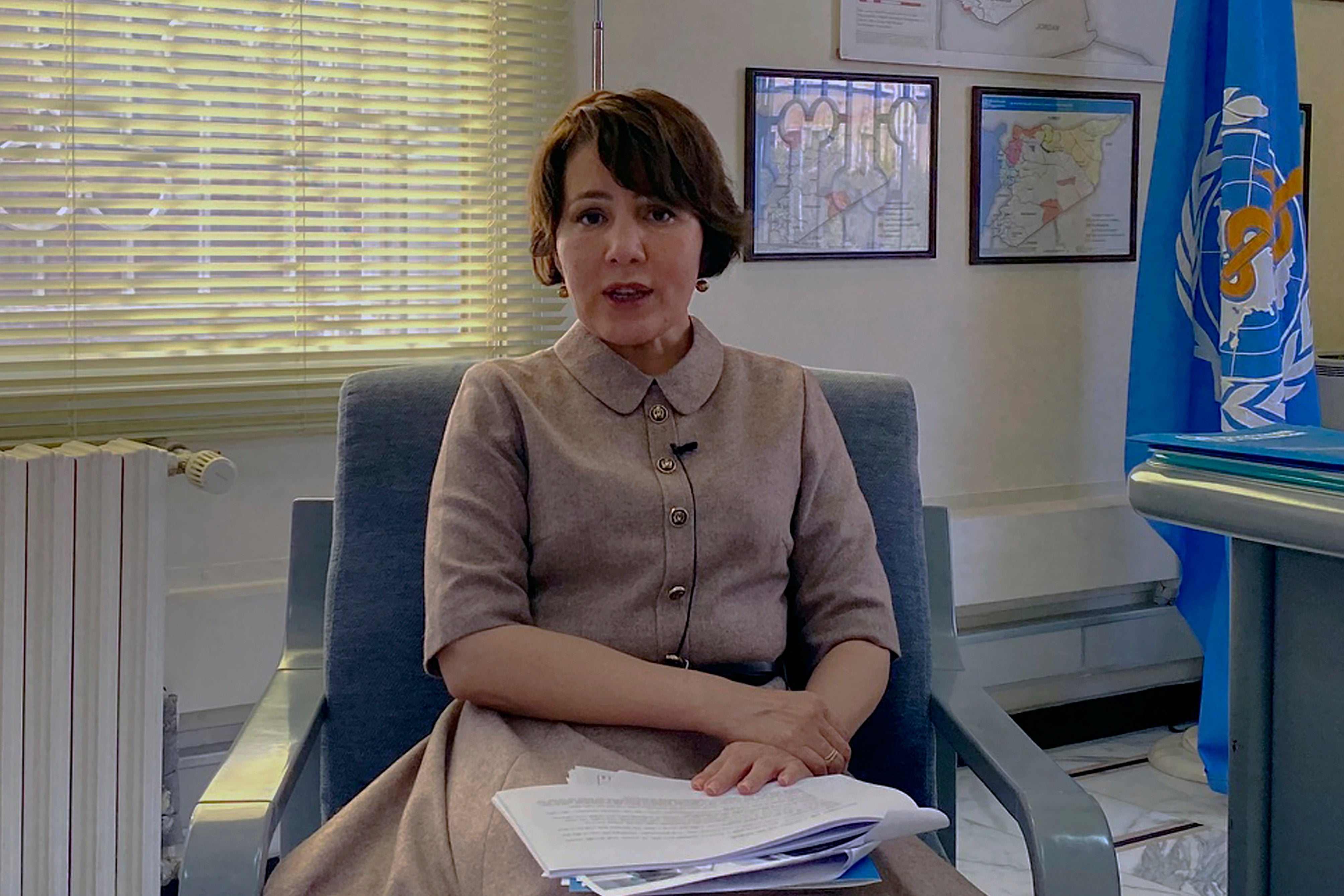Slow COVID-19 vaccine rollout expected in war- ravaged Syria
A World Health Organization official says the rollout of COVID-19 vaccines in war-ravaged Syria will depend on their availability and distribution and may initially cover only 3% of the population, a World Health Organization official said Tuesday

The success of the rollout of COVID-19 vaccines in war-ravaged Syria depends on their availability and distribution and may initially cover only 3% of the population, a World Health Organization official said Tuesday.
Akjemal Magtymova, WHO's representative in Syria, said the country is eligible to receive vaccines for free through the global COVAX effort aimed at helping lower-income countries obtain the shots.
But Magtymova couldn't say when the first shipment would arrive, how many vaccines were expected, or how they would be rolled out in a divided country still at war. The COVAX rollout is expected to begin in April.
Magtymova spoke to The Associated Press in the capital Damascus amid concerns over the equitable distribution of coronavirus vaccines across the country, where the health care sector has been devastated by a decade of war and remains divided into three rival parts.
Human Rights Watch, in a statement issued Tuesday, urged international aid groups to do what they can to help secure the widest and most equitable distribution of coronavirus vaccines possible across Syria.
The international rights group has accused the Syrian government of repeatedly withholding food, medicine and aid from political opponents and civilians. It said there is no guarantee the 2 million people living in rebel-controlled northeast Syria would receive the vaccination.
The Syrian government has said very little about its vaccination plans. Syria's health minister said earlier this month that among the most important conditions for Syria’s acquisition of the vaccine is to ensure that it does not “impact Syria’s sovereignty.”
Magtymova said the Syrian government's application under the COVAX program would cover 20% of the population but that supply of vaccine doses might not come immediately. Syria is expecting an allocation of the AstraZeneca vaccine because it does not have the facilities to keep Pfizer vaccines in the deep freeze necessary to preserve them.
“We have to see a staged approach," Magtymova said. “Maybe first is three percent of the population, which could be mainly targeting the health work force who are day in and day out meeting COVID patients and then it will expand to ... other categories of the population."
Syria has recorded more than 14,000 virus cases and around 925 deaths. An additional 21,000 people have been infected and nearly 400 died in opposition-held areas in northern Syria.
The numbers are thought to be much higher. Although WHO provides the Health Ministry with medical and lab equipment and testing kits, testing remains low, particularly in the north.
Magtymova said Syria saw its numbers peak in the middle of August and is now witnessing a second wave that started around mid-December, adding that numbers were currently plateauing.
“We don’t have any anecdotal evidence that the occupancy is exceeding the available number of beds,” she said.
Bookmark popover
Removed from bookmarks